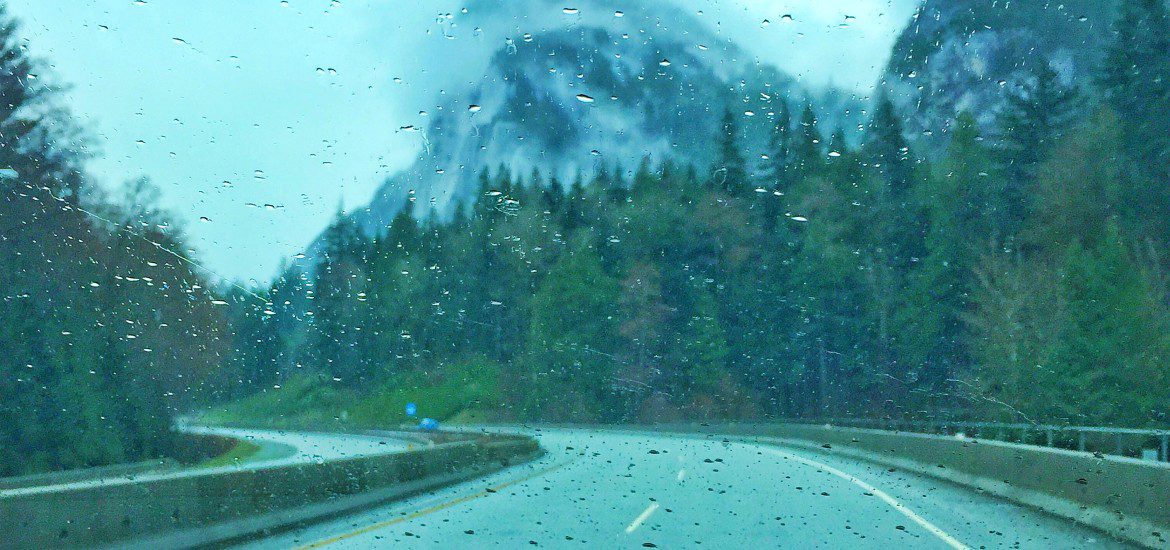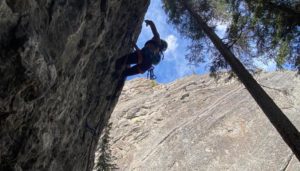Offensive Rock Climb Names in Squamish Changed
Updates to the Squamish Select guidebook have been made including some new route names for old climbs

Across Canada, route developers and guidebook authors have been working to identify rock and ice climb names that their local communites have deemed racist, sexist or just simply offensive.
The most recent example is in Squamish, where the new Squamish Select guidebook has published updates that include new route names for some old climbs.
You can view the update here, which says, “At the request of the route developer, the following route names have been changed, which will be reflected in future editions of the book: Plugging a Dyke with a Few Friends is now Plugging Along with My Friends (Splitsville at Murrin Park), Women in Comfortable Shoes is now Comfortable Shoes (The Bulletheads at The Chief) and Whorehorse is now War Horse (Penny Lane in the Smoke Bluffs).
Longtime Squamish climber and guidebook author, Kevin McLane, told me there are around 20 names in the area that absolutely need to change. He said that many climbers have wanted those names changed for decades, and that he’s happy it’s finally happening.
In the Canadian Rockies, route names such as Fudge Packer 5.14 at Planet X will be changed. Who is changing it? The guidebook author, Derek Galloway, who also made the first ascent.
Galloway worked at a fudge shop in Banff, so there’s a story behind the name, which you wouldn’t know unless you knew Galloway.
Think of it like this: if you have to explain a joke, then it’s not funny. The same applies to route names. If you have to explain the story behind a route name, then it doesn’t work. Especially when it comes to offensive names.
We recently interviewed Ethan Salvo about how he sent V13 in less than three years of climbing. In the story, he said: “I think the first hard boulder I did was the Gunt (soon to be renamed).” It’s one of many routes in Ontario that will get a name update in upcoming guidebooks.
Earlier this summer, I received an email from a longtime Rockies route developer, which said: “I saw your article here about offensive names in Gripped. I agree and I have some routes with silly dumb names too and want to be part of this revolution.
“I have been away from climbing more than ever in few years and don’t keep up much, but if you know who the current authors of Bow Valley sport books is can you let me know so we can rid the books of this as best as we all can. So, please change at will my routes with any questionable names.”
In 2019, Bonnie de Bruijn wrote a piece called ‘Controversy Over Sexist Route Names: Really?’ after the conversation started online that we need to rename routes with sexist names. You can read the piece here, in which she said: “But one of the coolest things about rock climbing that I noticed when I started as a teen was how it provided a space and a community for people who may not have fit in elsewhere. All that mattered was the passion and obsession with climbing. It was a kind of inclusivity before inclusivity was a thing. That is a part of climbing’s heritage we should aim to preserve and promote.”
Racist, sexist and offensive route names are changing in Canada and across the U.S.A., despite the fight by some to keep them in place, thanks to guidebook authors and route developers. For more on changing names, visit here.


